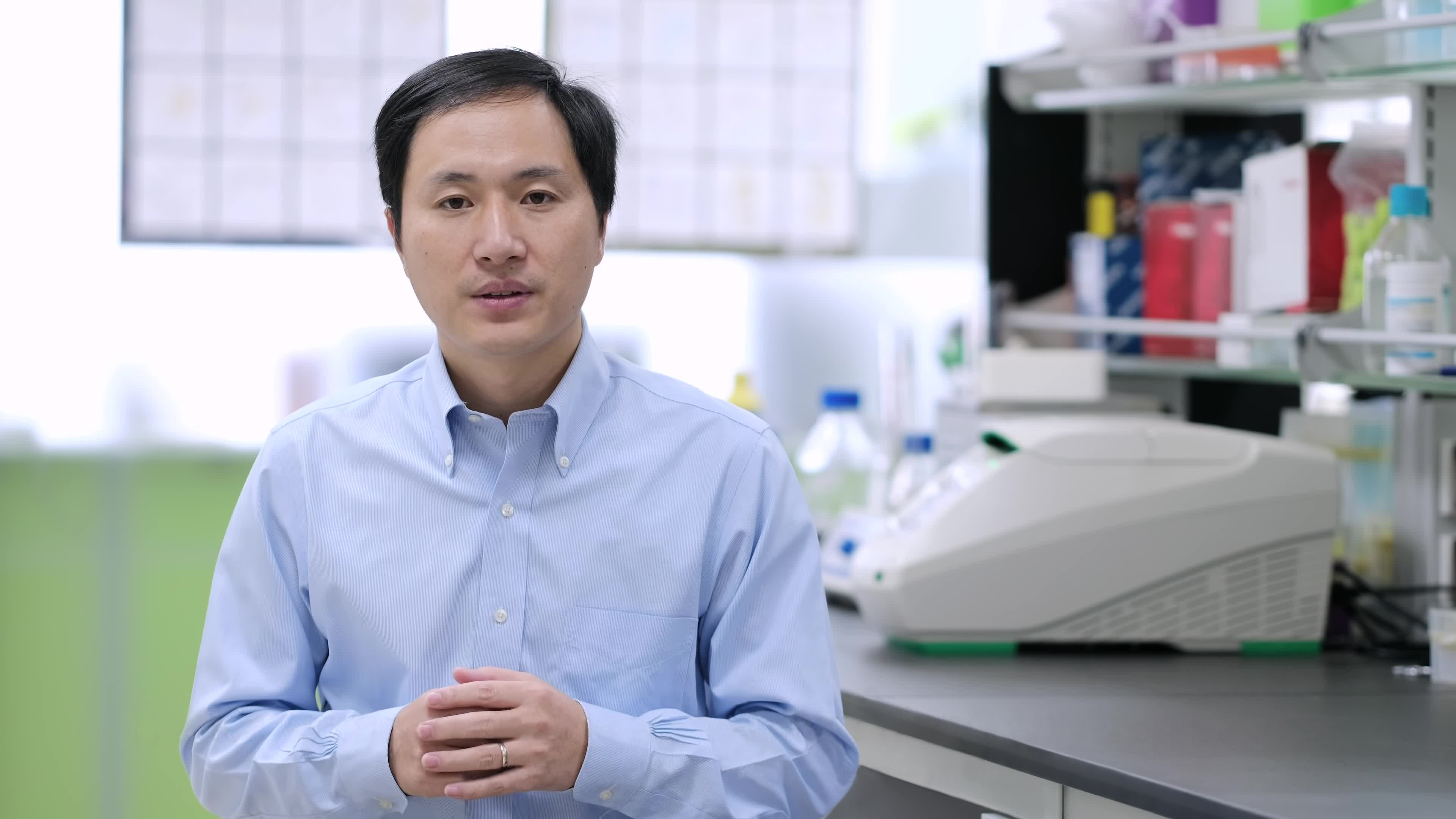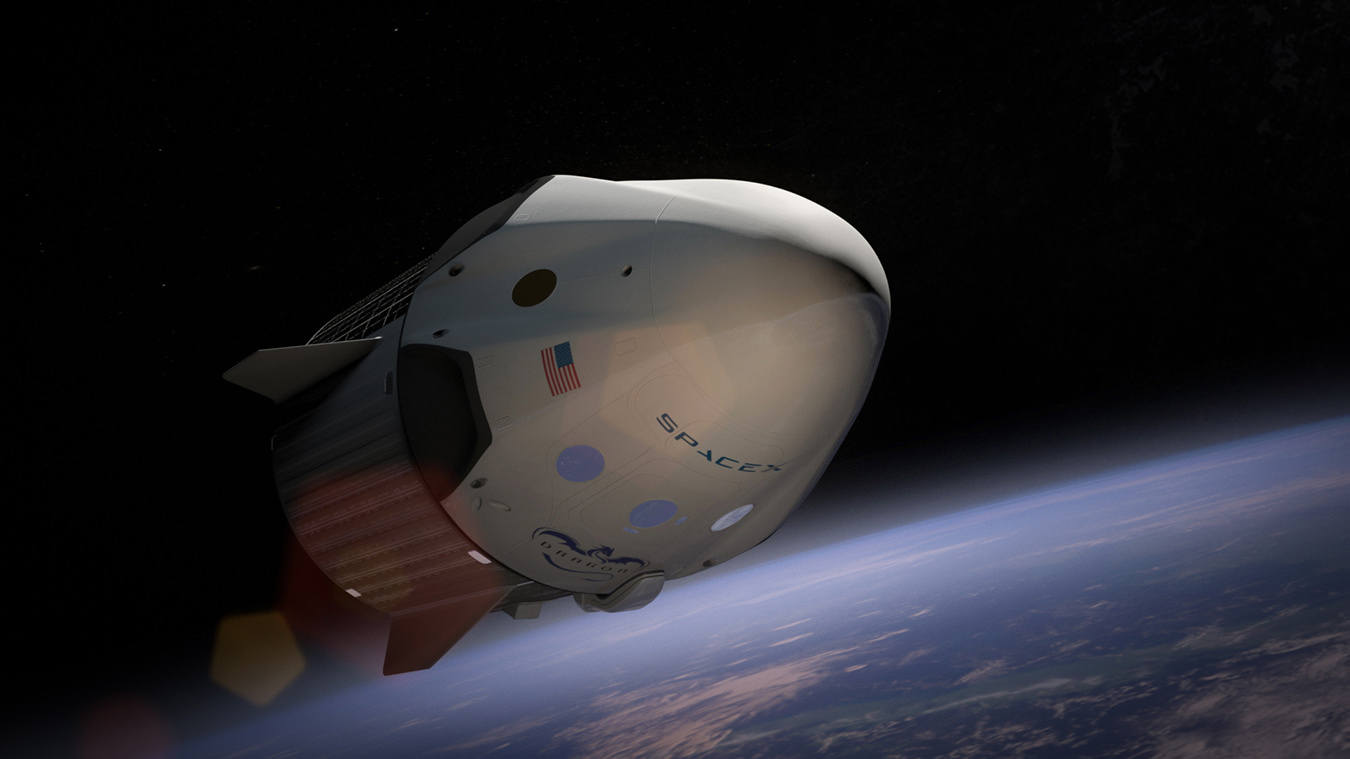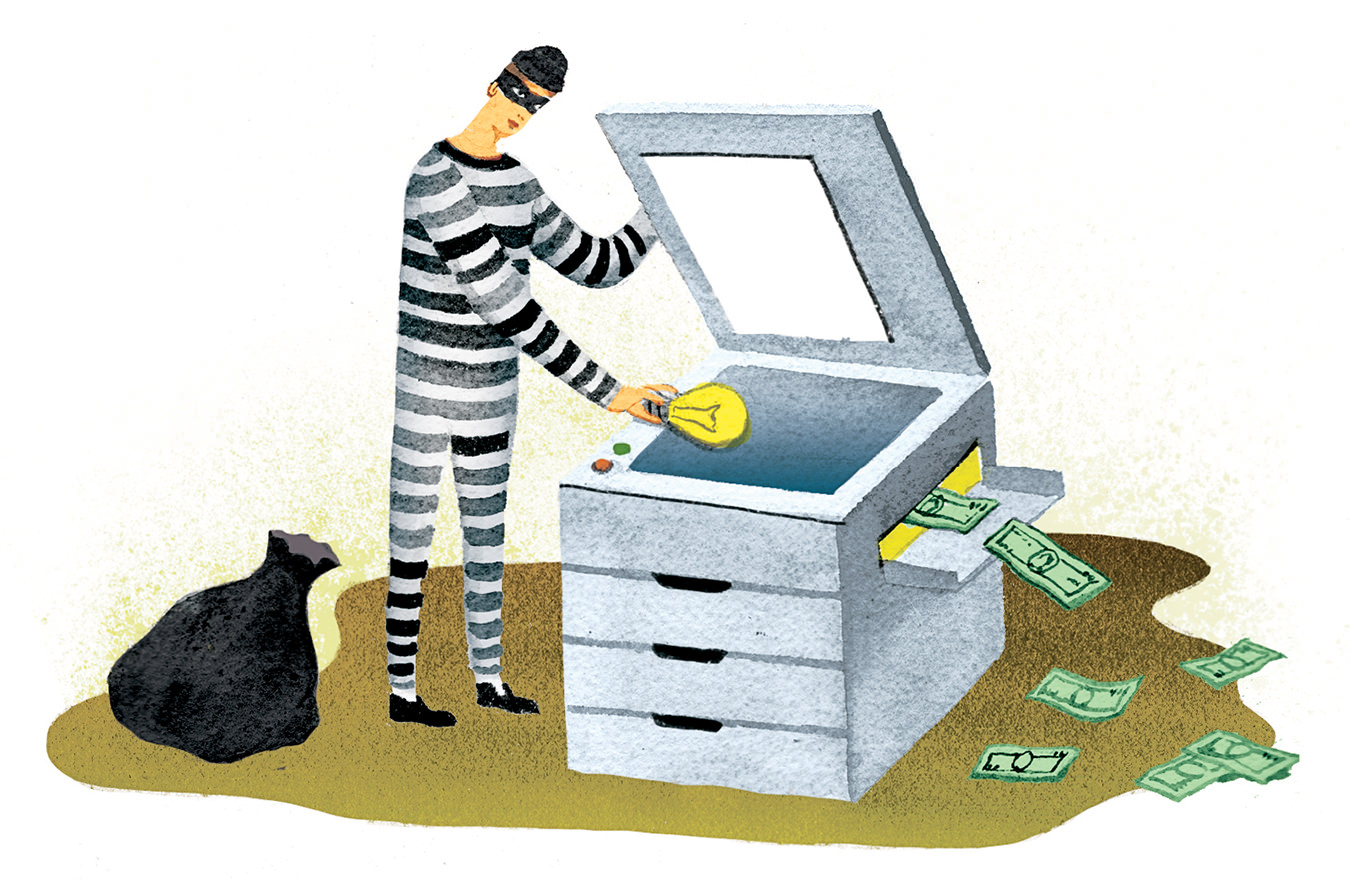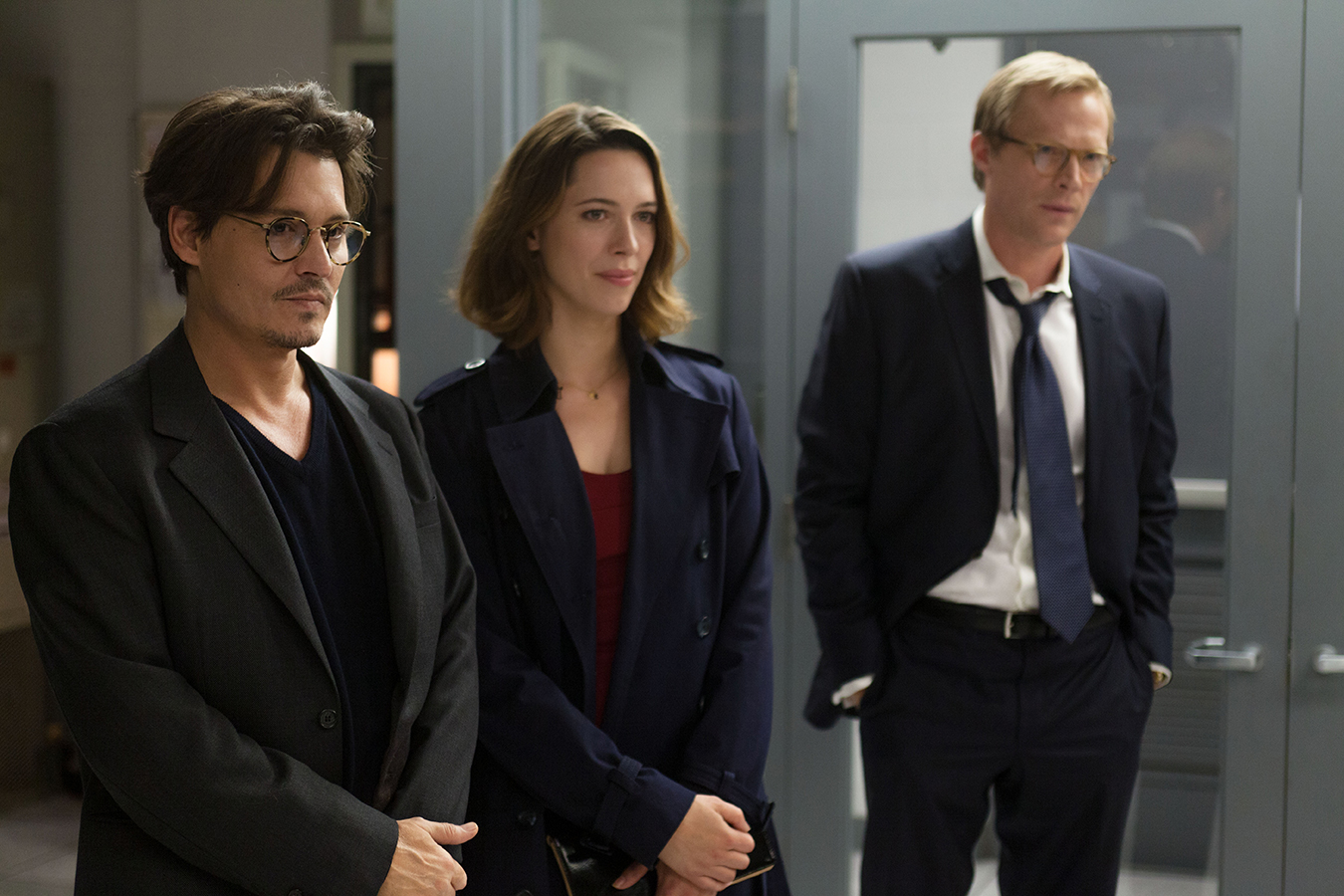The New Generation of Gene-Editing Technology
Gene editing takes a big step forward (or perhaps backward).

Depending on your view of the future, Chinese scientist He Jiankui is either a courageous visionary or the Devil incarnate, a daring genius driving us toward a brave new world, or a monster in a lab coat driving us toward Brave New World.
Both sides seem to have a strong case. His business card gives his title as biophysicist—it might be more accurate to call him a genetic engineer, one who has purportedly edited the genes of two embryos in an effort to create better human beings. To be fair, his achievement has yet to be confirmed by third parties. But that hasn’t stopped fellow scientists, politicians, and ethicists from heaping a mountain of criticism upon him. Which seems a little disingenuous, given that Chinese scientists performed a similar procedure as a “proof of concept” experiment on human embryos two years ago.
Ostensibly, his work was in service of a noble cause: by deleting the CCR5 gene, he claims to have made twin girls Lulu and Nana immune to HIV, which uses the receptor encoded by the gene to enter a person’s immune cells. The trait is heritable—the girls should be able to pass it on to their children, creating the potential for a new generation immune to the disease. But current gene-editing technology is more a scientific sledgehammer than it is a scalpel. While his edit could make the twins immune to HIV (which their father is said to have), it may have made them more susceptible to other diseases, including influenza or West Nile virus. And these are merely the consequences we know about.
Science has always butted against the boundaries of approved thought and action, and technology has a funny habit of advancing faster than our ethics. Still, there’s a reason why we remember the old story of the mad scientist screaming, “It’s alive!” as the lightning strikes. The creature born of equal parts genius and will: it remains the perfect metaphor for all human endeavour, in all its glory and hubris. There’s only one problem: the creation ends up killing the creator. Make that two: it’s not just a story anymore.
_________
Never miss a story. Sign up for NUVO’s weekly newsletter, here.








